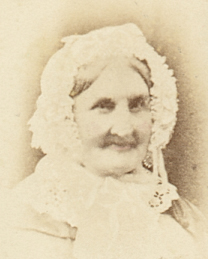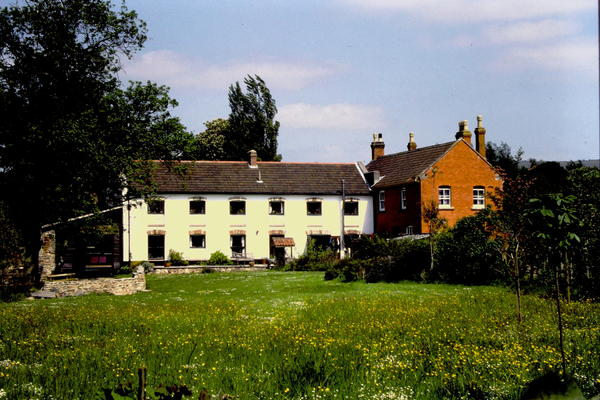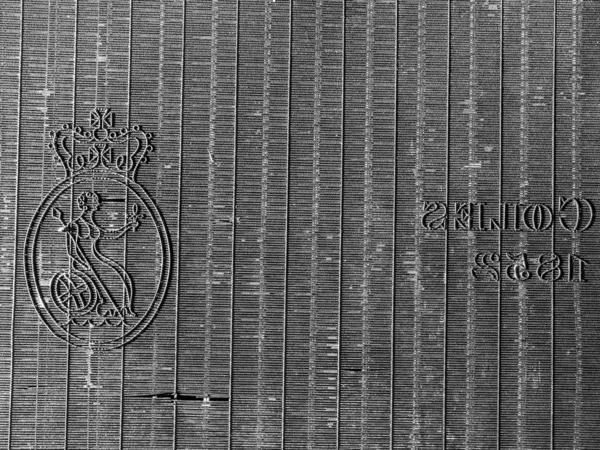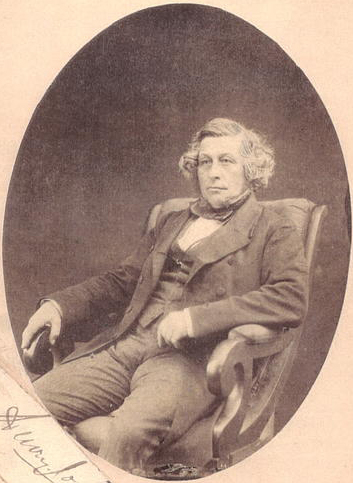
My great-great-grandmother Elizabeth Coles, who married Henry Spencer in Wells in 1832 (see The Spencers), came from a family who had been involved in paper manufacture since the 1750s. They worked a succession of mills along the River Axe that emerged from beneath the Mendip Hills at Wookey Hole and flowed south and then west towards the Somerset Levels. Water was essential to papermaking, using its power to pulp rags with hammers, and then as a medium to soak the pulped ‘stuff’ which was then spread evenly on wire webs to drain before being removed and pressed before drying. The wire web would often incorporate a watermark which became impressed into the paper as it dried. In the early days all this was a manual process but during the 19th century mechanisation began to take over.

The earliest of this family that I have been able to trace was James Coles, who was born in 1732. He made paper at Glencot Mill, south of Wookey Hole, from 1758. He had a son, who was known as James the younger, born in 1753, who in time succeeded his father and carried on the business at Glencot until 1803. Described as of Wookey Hole, in 1772 he had married Elizabeth Keeke at Axbridge, near Cheddar a few miles to the west along the foot of the Mendips. They had three sons and a daughter, all christened at St Cuthbert’s church in Wells, Glencot being in the ‘Out’ parish. The oldest, James Keeke Coles, was to carry on working at Glencot until a fire there in 1829 caused him to move his family and the business to the village of Henley and to the mill he built there.

James Keeke Coles married Ann Bacon at Ashcott, near Street, in 1798 and they also had three sons and a daughter: John who died aged only 11, Elizabeth my great-great-grandmother, James and Henry. James became a surgeon and it was Henry who followed his father into paper making. He was probably the most enterprising of all the members of the family who were involved in the business. Before he was 30 he had taken on the paper mill at Stoke Bottom, east of Wells and north-east of Shepton Mallet, and he was to keep an interest there until 1860. Meanwhile, when his father retired at Henley Mill in 1838 he joined in partnership there with his son-in-law, Richard Palin, who had married his daughter Agnes. Henry had been widowed shortly after Agnes had been born. In 1860 Henry and Richard took over Dulcote East Mill, between Wells and Shepton Mallet, which they ran together for six years before Henry retired and Richard and Agnes and the first of their children emigrated to Canada. Henry closed down Henley Mill in 1868 and died six years later in Weston-super-Mare, his other two daughters, Emma and Margaret also having left England, eventually settling in Michigan, USA.


